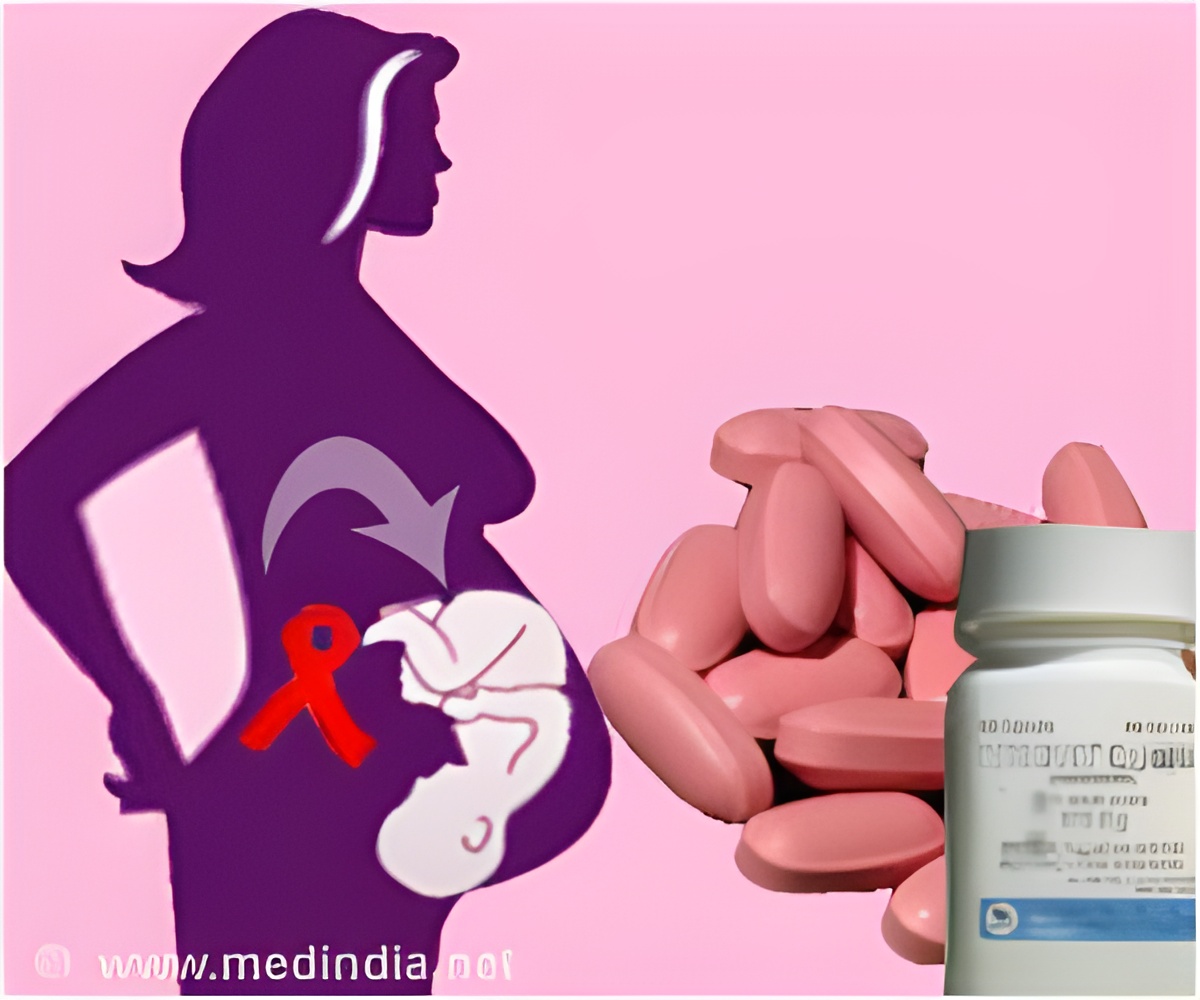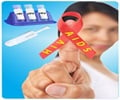The World Health Organization (WHO) has revealed that Cuba has became the first country in the world to eliminate mother-to-child transmission of HIV and syphilis.

WHO Director-General Margaret Chan said, "Eliminating transmission of a virus is one of the greatest public health achievements possible. This is a major victory in our long fight against HIV and sexually transmitted infections, and an important step towards having an AIDS-free generation."
The WHO and the Pan American Health Organization (PAHO) describe the milestone as a reduction of transmission to such a low level that it no longer constitutes a public health problem. WHO said, "Health authorities have been working in Cuba since 2010 to ensure early access to prenatal care, HIV and syphilis testing for both pregnant women and their partners, treatment for women who test positive and their babies, caesarean deliveries and substitution of breastfeeding."
PAHO Director Carissa Etienne said, "Cuba's success demonstrates that universal access and universal health coverage are feasible and indeed are the key to success, even against challenges as daunting as HIV. Cuba's achievement today provides inspiration for other countries to advance towards elimination of mother-to-child transmission of HIV and syphilis."
Statistics reveal that the number of children born annually with HIV was 400,000 in 2009. By 2013, the number dropped to 240,000 in 2013. Health authorities said, "But intense effort is needed to meet the global target of less than 40,000 new child infections per year by 2015."
Michel Sidibe, executive director of the United Nations AIDS agency, said, "It shows that ending the AIDS epidemic is possible and we expect Cuba to be the first of many countries coming forward to seek validation that they have ended their epidemics among children."
Advertisement














